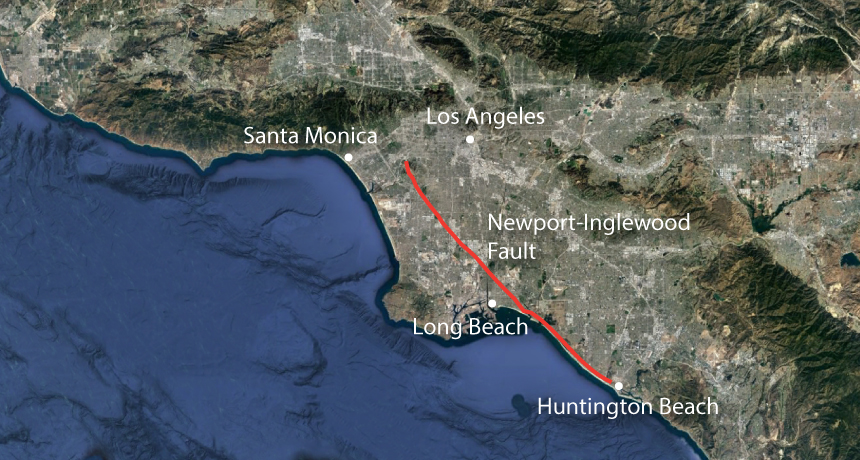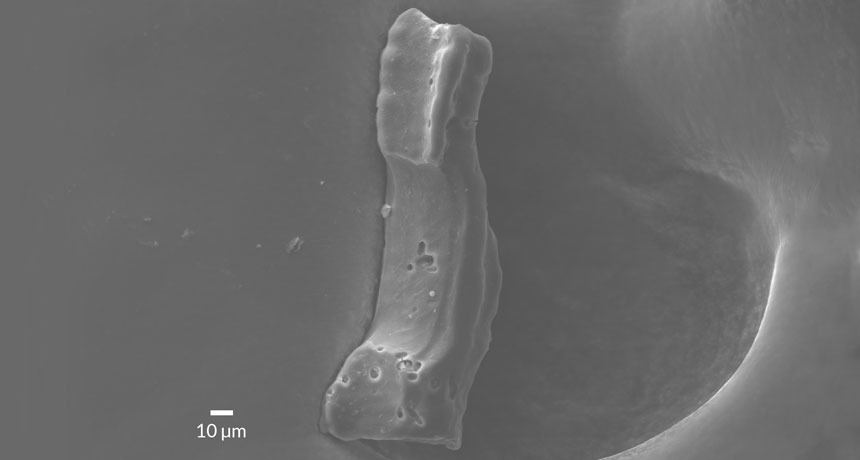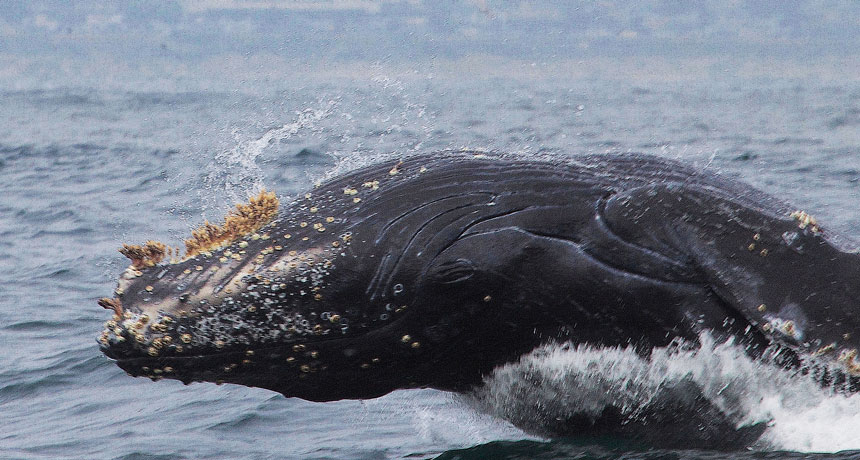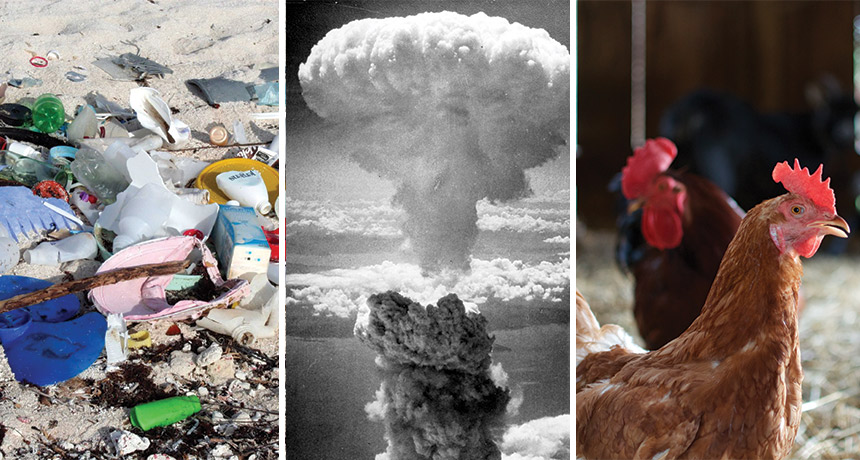
Seismologists surprised by deep California quakes
Science News, October 2016Mysterious earthquakes rattle deep beneath Southern California.

Mysterious earthquakes rattle deep beneath Southern California.

Motors too small to see with the eye may soon have the power to drive innovations in chemistry, biology and computing. Three creators of such nanoscopic machines were honored October 5 with the Nobel Prize in chemistry.
Co-written with Tina Hesman Saey. Adapted for Science News for Students.

The world’s most minuscule machines operate on the molecular level and have won their creators the 2016 Nobel Prize in chemistry. The prize is shared between Jean-Pierre Sauvage of the University of Strasbourg in France, J. Fraser Stoddart of Northwestern University in Evanston, Ill., and Bernard Feringa of the University of Groningen in the Netherlands.

A period of skyrocketing global temperatures started with a bang, new research suggests.

Life on Earth got into the shell game more than 200 million years earlier than previously thought.

Barnacles can tell a whale of a tale. Chemical clues inside barnacles that hitched rides on baleen whales millions of years ago could divulge ancient whale migration routes, new research suggests.
Methane wasn’t the cozy blanket that kept Earth warm hundreds of millions of years ago when the sun was dim, new research suggests.

Humankind’s bombs, plastics, chickens and more have altered the planet enough to usher in a new chapter in Earth’s geologic history. That’s the majority opinion of a group of 35 experts tasked with evaluating whether the current human-dominated time span, unofficially dubbed the Anthropocene, deserves a formal place in Earth’s geologic timeline alongside the Eocene and the Pliocene.

A natural ally against global warming may provide far less aid than previously hoped.

As chief scientist for a voyage of the research vessel Endeavor, oceanographer Melissa Omand oversaw everything from the deployment of robotic submarines to crew-member bunk assignments. The November 2015 expedition 150 kilometers off Rhode Island’s coast was collecting data for Omand’s ongoing investigations of the fate of carbon dioxide soaked up by the ocean.